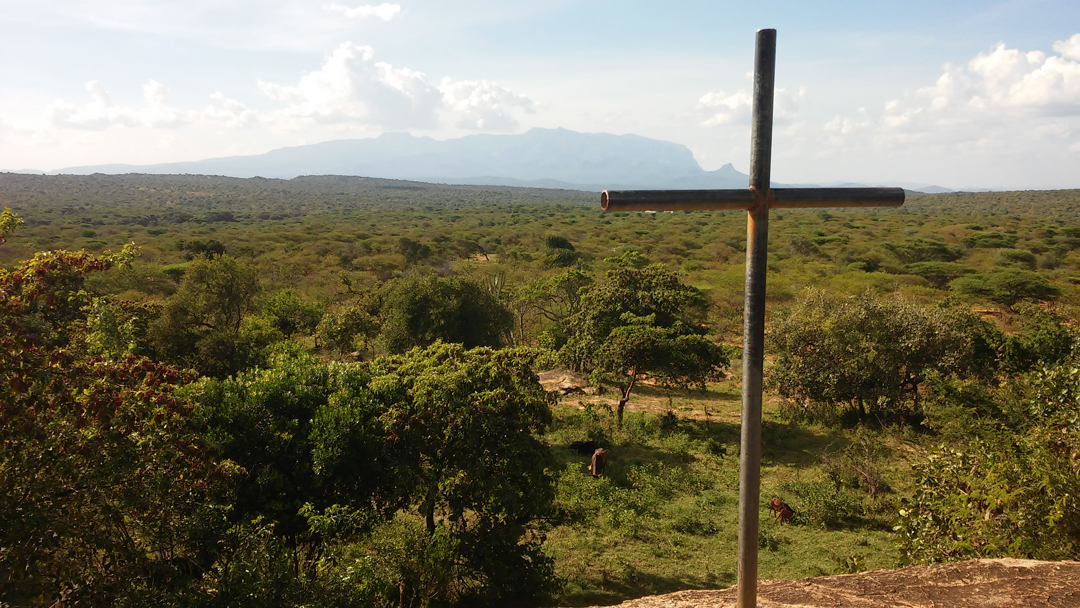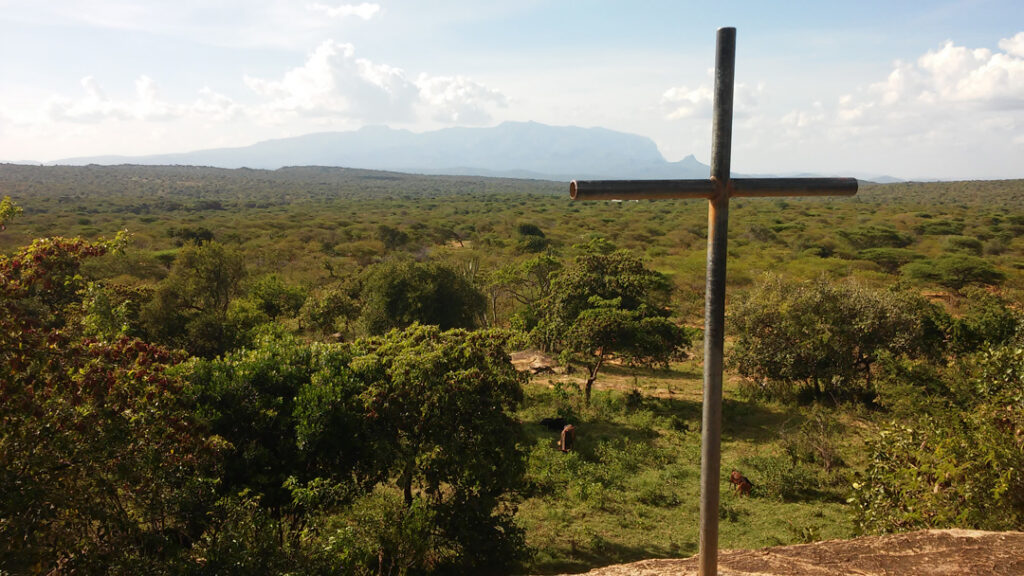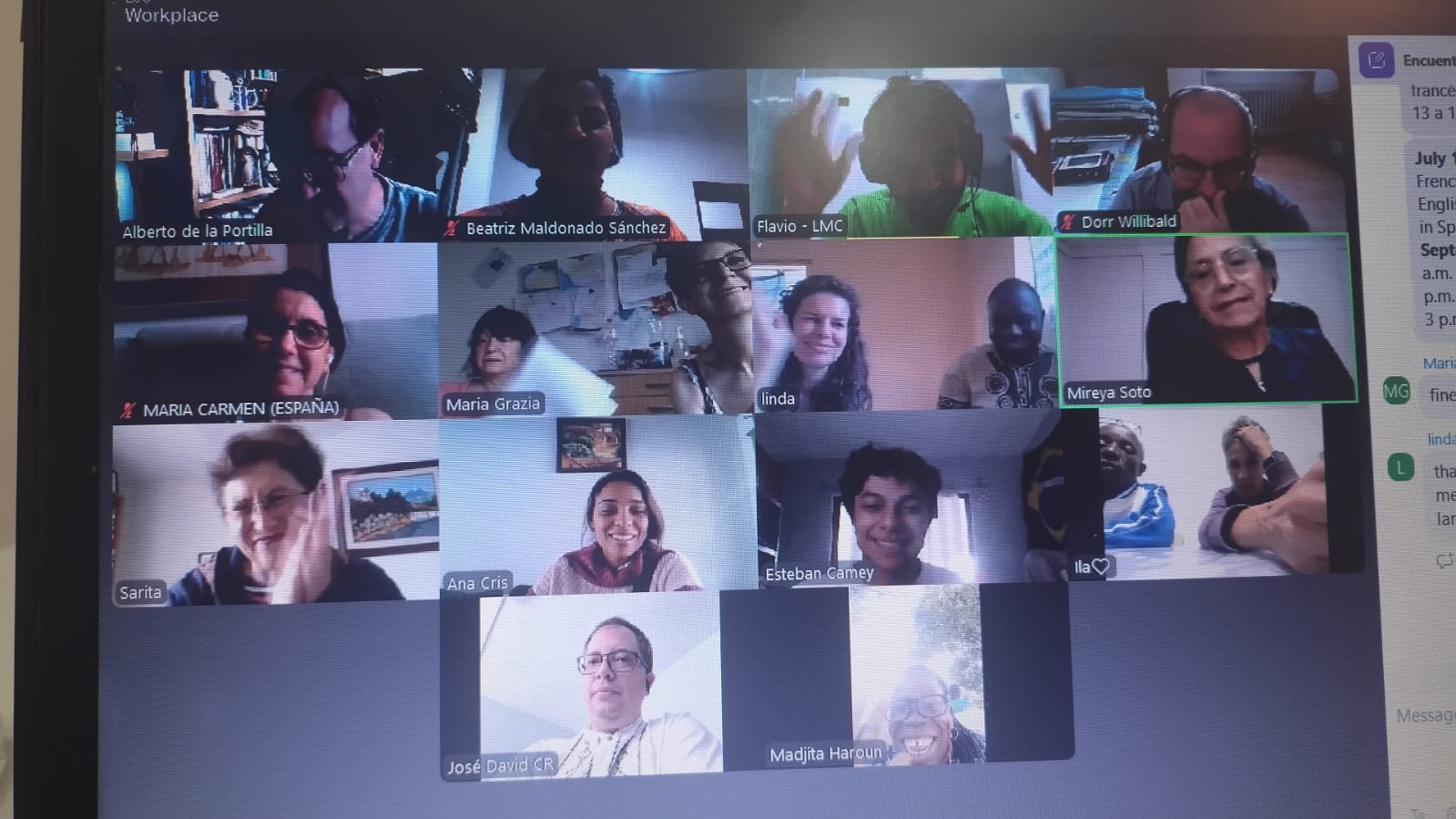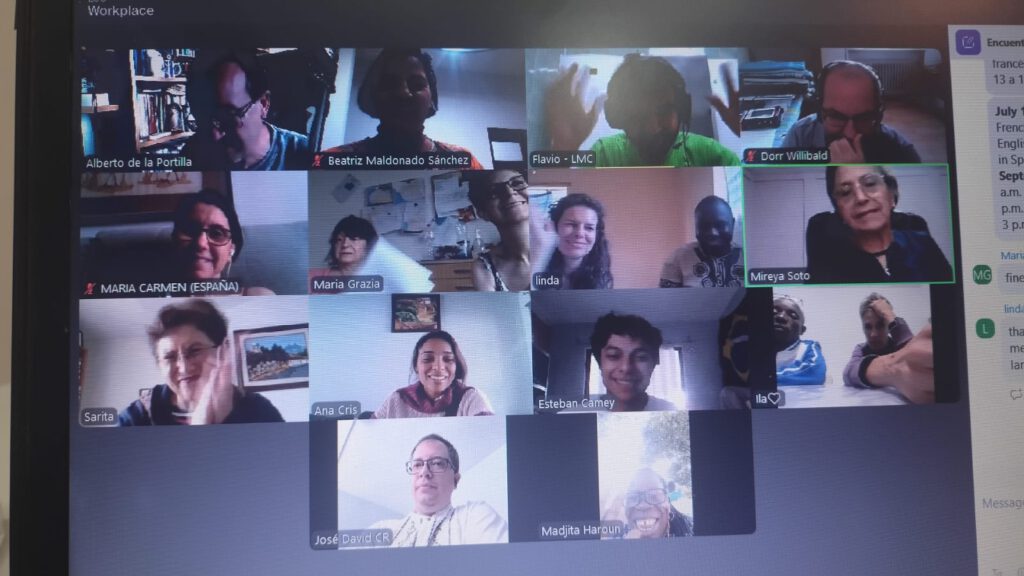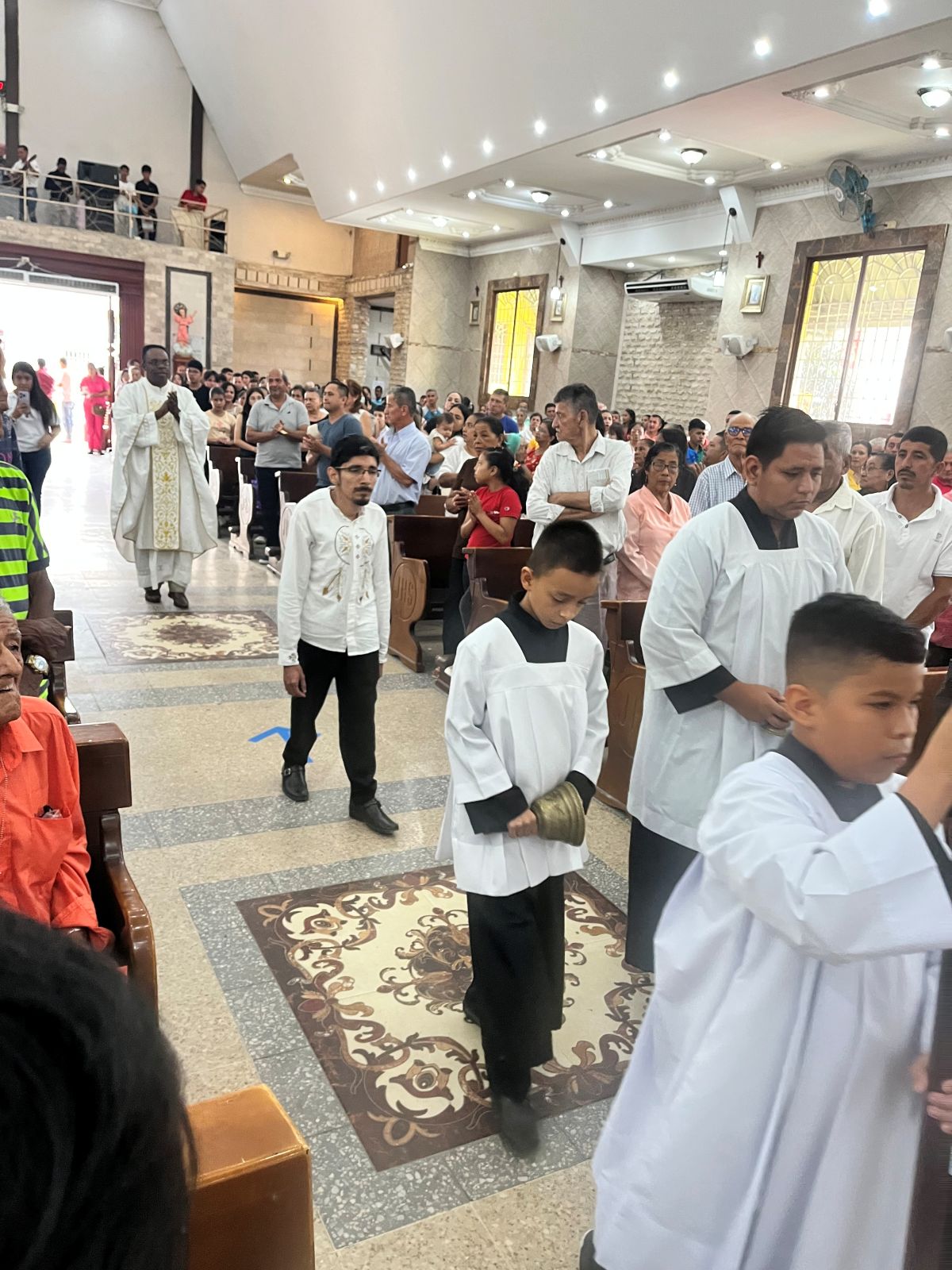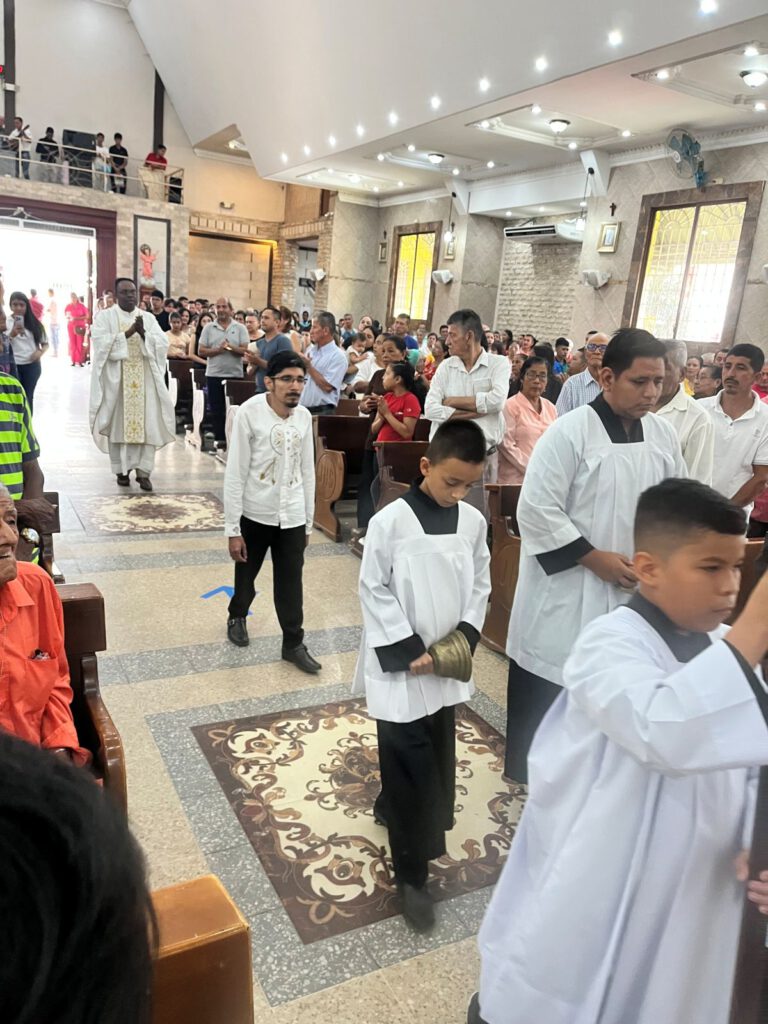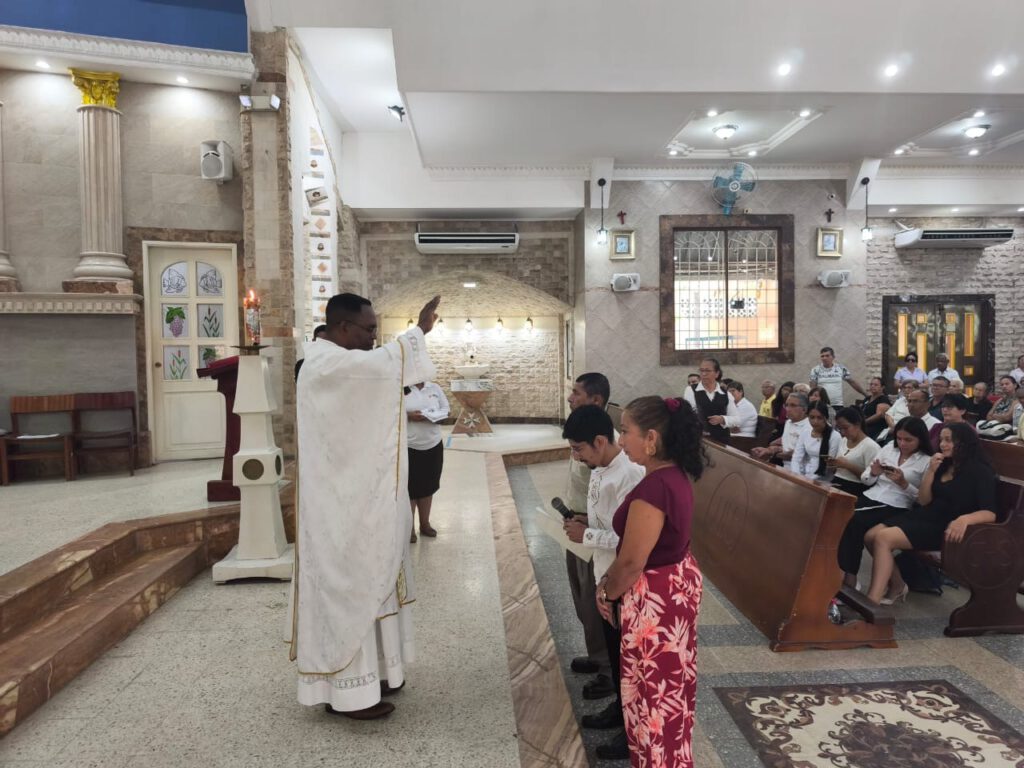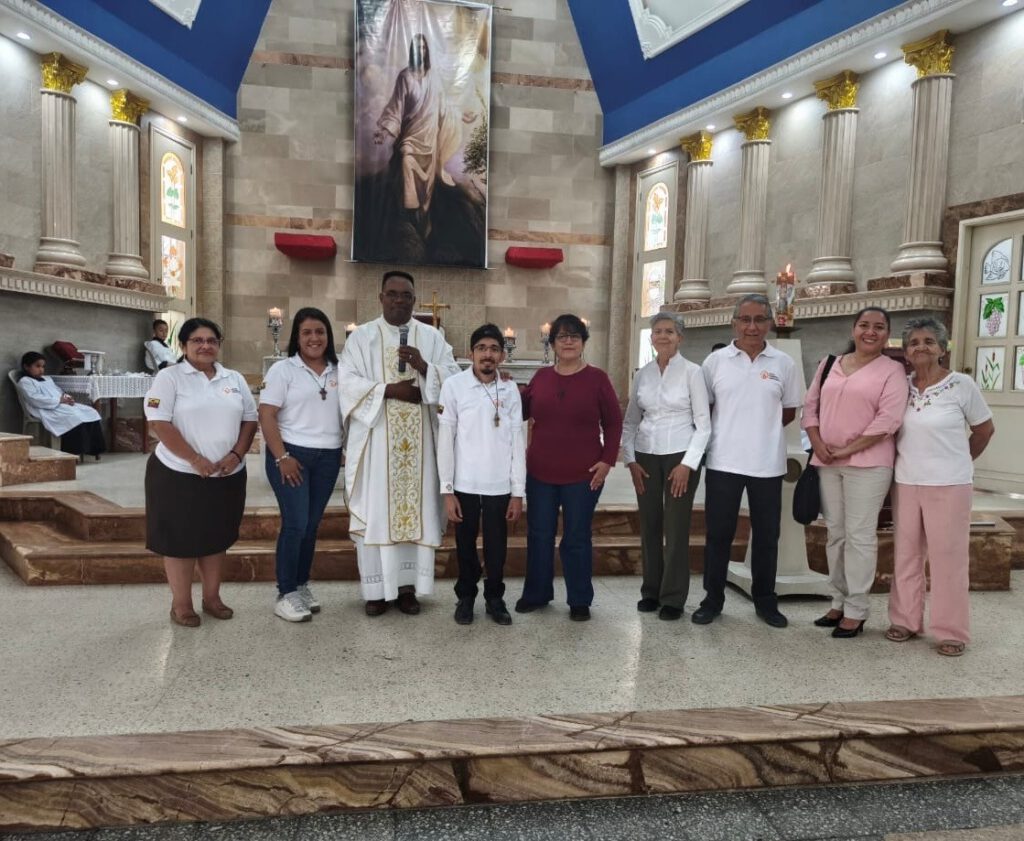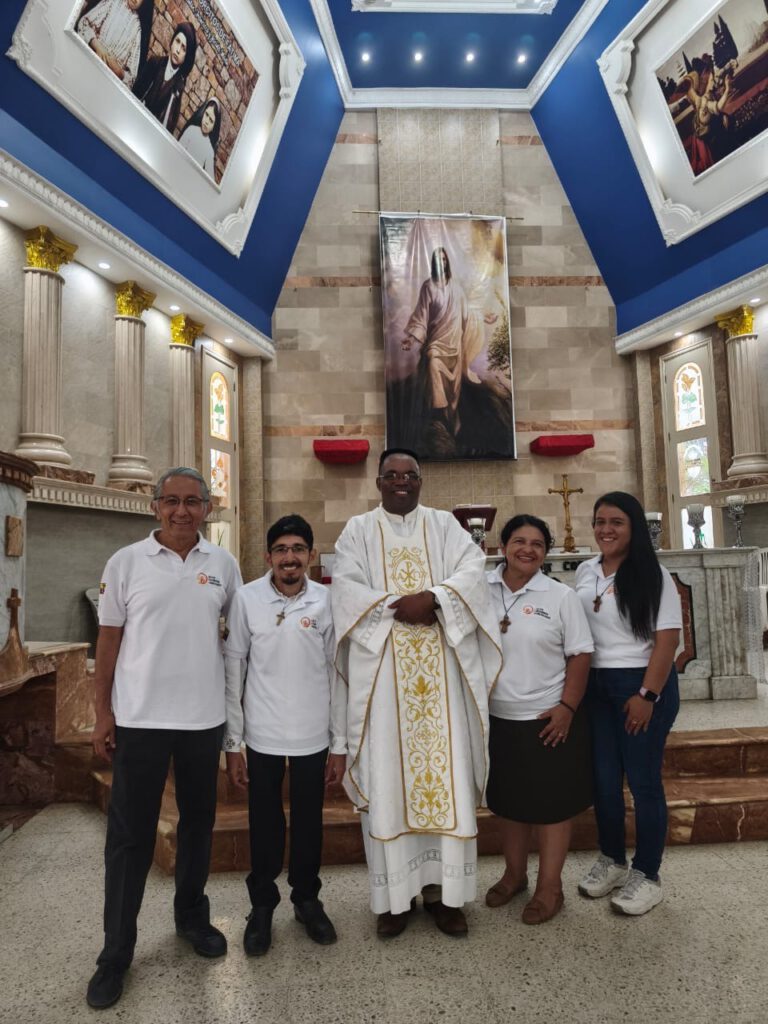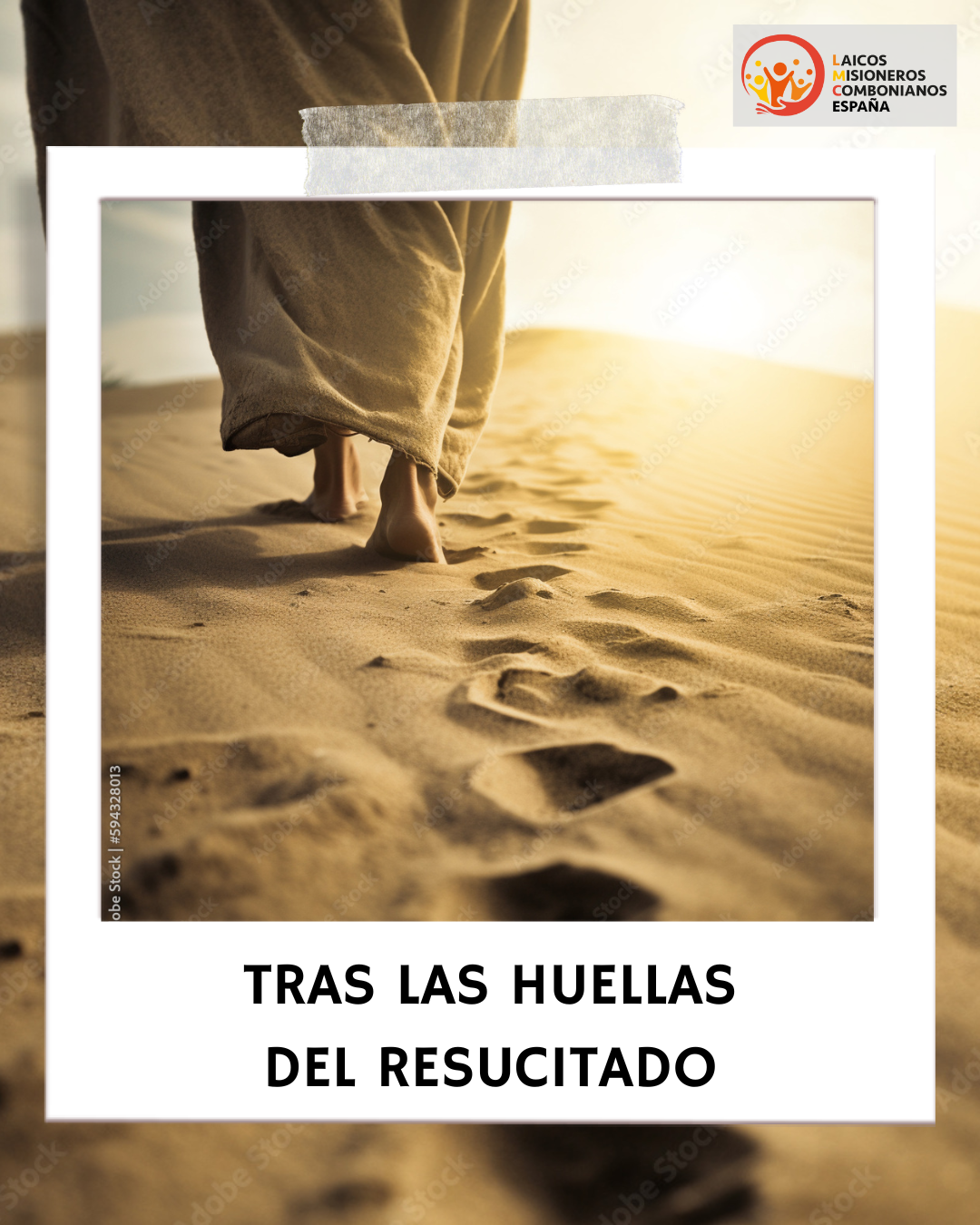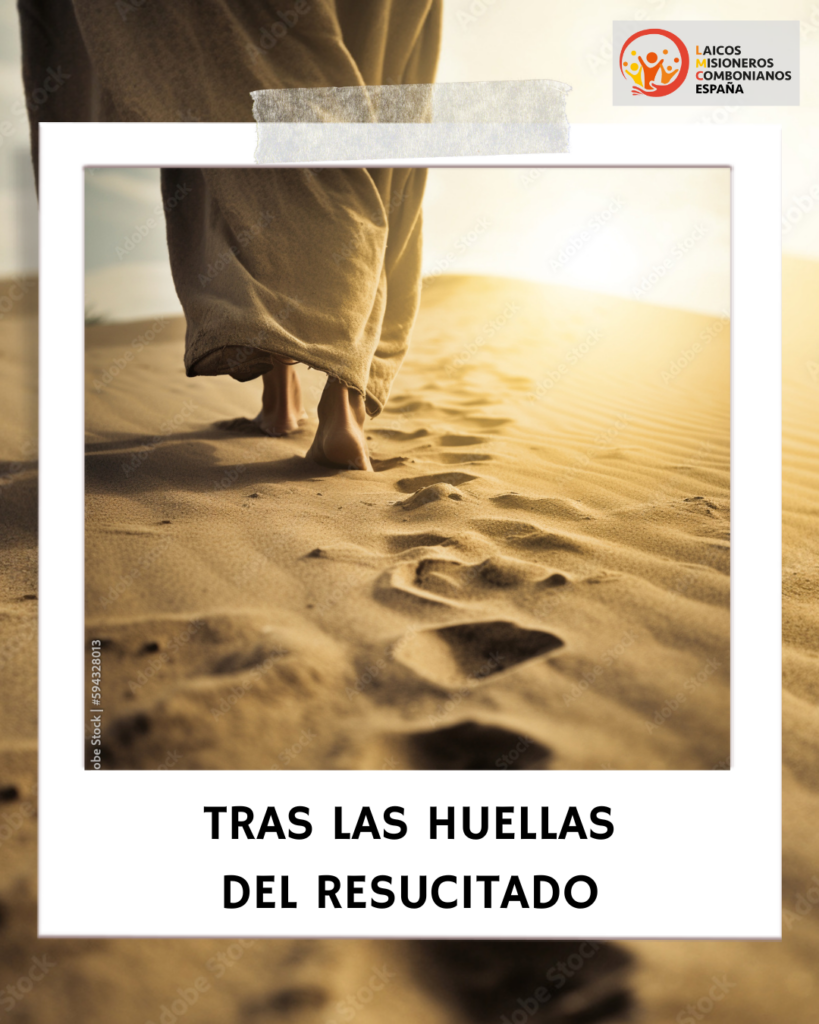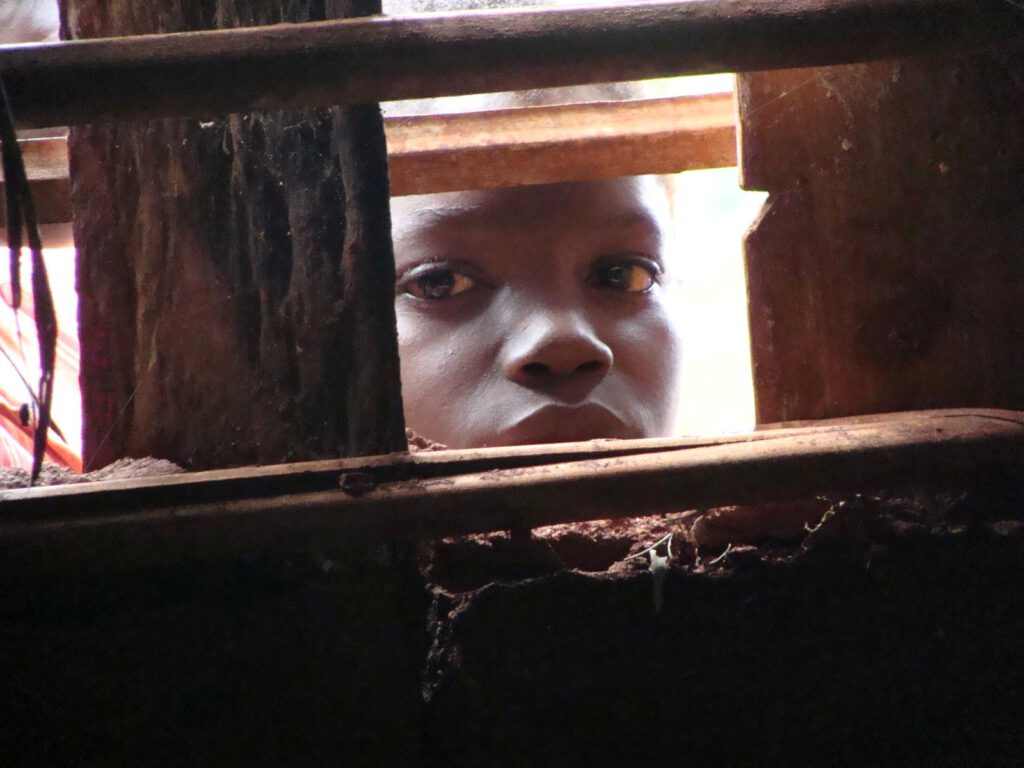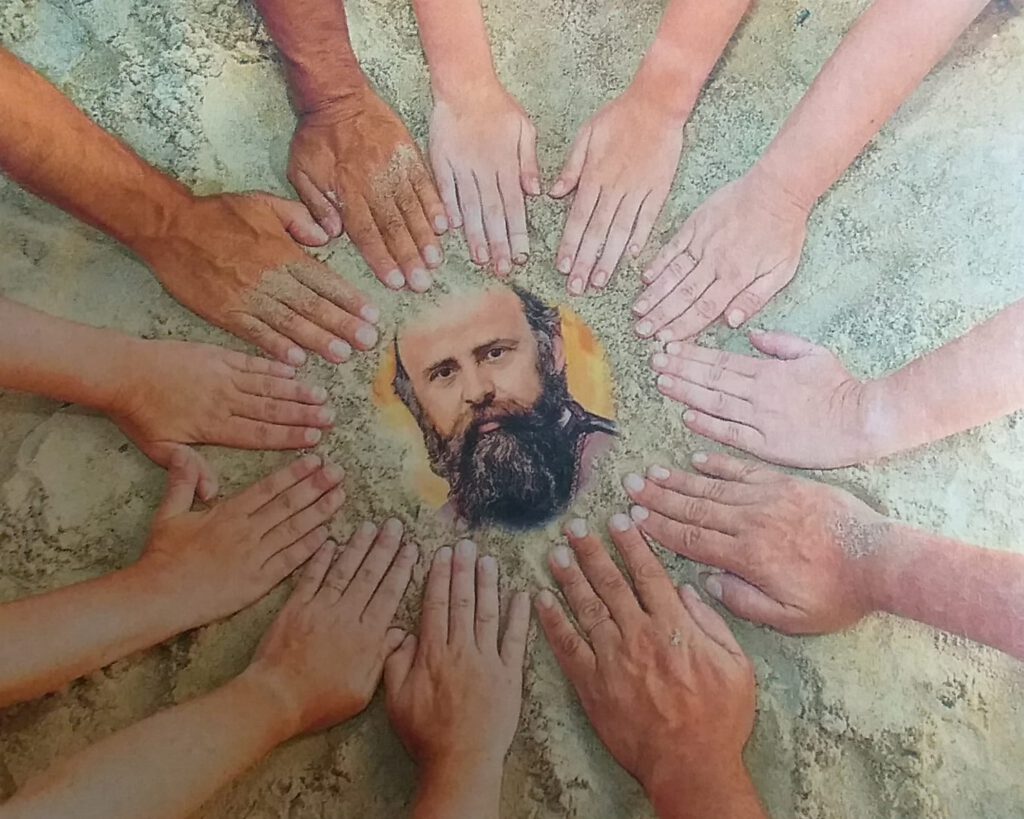June was a month full of blessings for the CLM of Guatemala, by the grace of God and under the intercession of St. Daniel Comboni, with various initiatives that marked our missionary work.
On June 7, we carried out our missionary activity in the community of León El Manzanillo. During our visit, in addition to spending time with the members of the community, we gave a talk on the Holy Spirit and Pentecost. As part of the day, we held a workshop on making eco-friendly candles, and those who participated were very enthusiastic and satisfied with the experience.
On the same date, we celebrated the 8th anniversary of the Chispuditos Program. This nutritional project has focused on the children of the villages of La Salvadora I and II, in the municipality of Santa Catarina Pinula, as well as their mothers, bringing them the Word and promoting their development as leaders. It should be noted that last year the program was handed over to the community; since then, the mothers have been leading the program.

On Sunday, June 8, we participated in the Vocational Expo organized by the Vicariate of the Center: Our Lady of the Assumption, held in the gym of Don Bosco College. This event allowed us to share with young people interested in the different congregations present. In addition to the information stands, there were moments of praise, Eucharistic adoration, and Holy Mass. It was a valuable opportunity to transmit and live the charism of the Comboni Family together with those in attendance.

A week later, on Sunday, June 15, we held our monthly community gathering, beginning with the celebration of Holy Eucharist, followed by a shared breakfast. During the gathering, we reflected on the Comboni charism and worked on a special theme about the key elements that strengthen self-esteem. We addressed aspects such as self-control, personal goals, communication skills, and body image perception. As a pleasant surprise, we had a visit from a married couple interested in learning more about our community.
In each activity of the month, we reaffirmed our commitment to serve and accompany the communities, always driven by our faith and evangelizing mission.
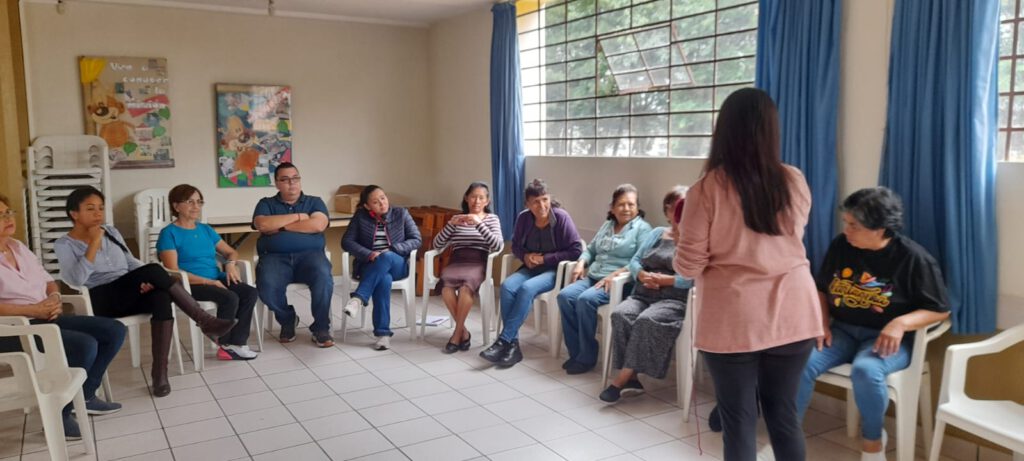
LMC Guatemala






